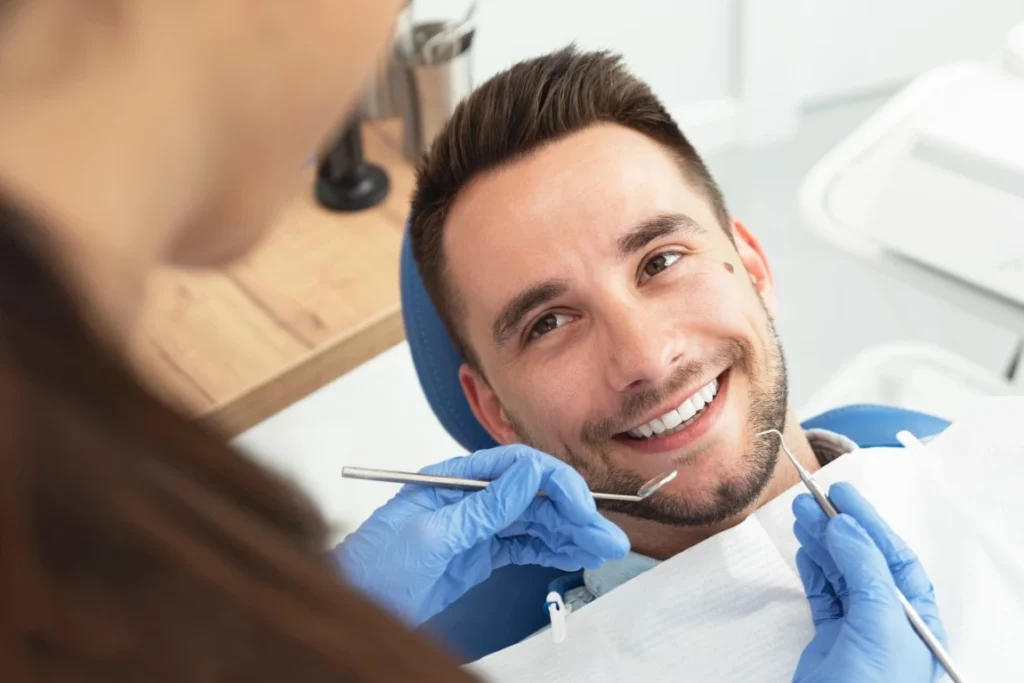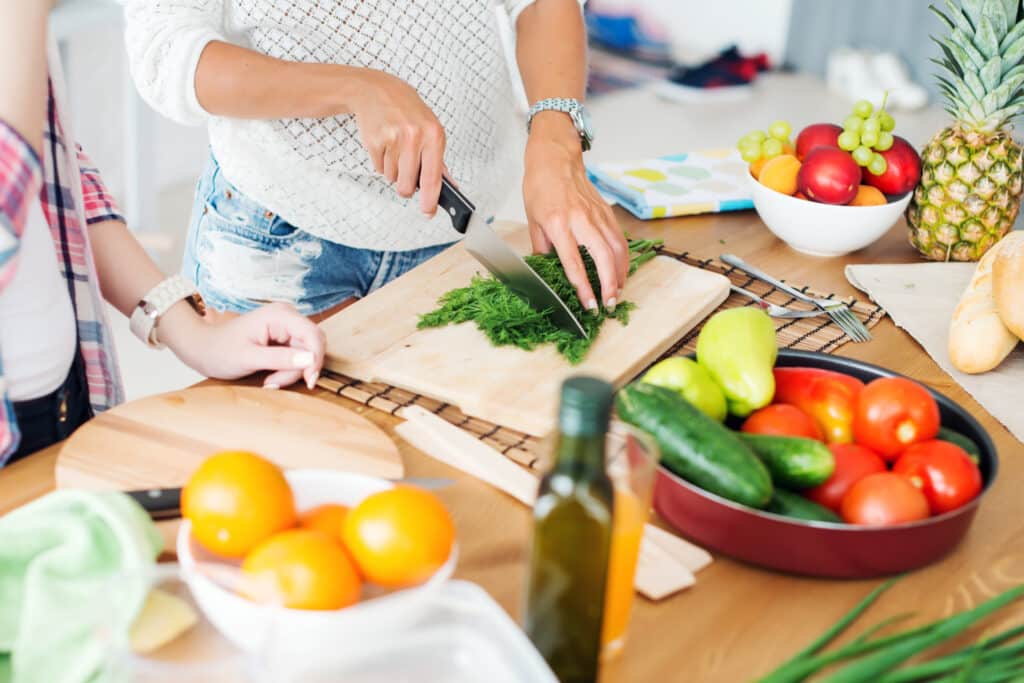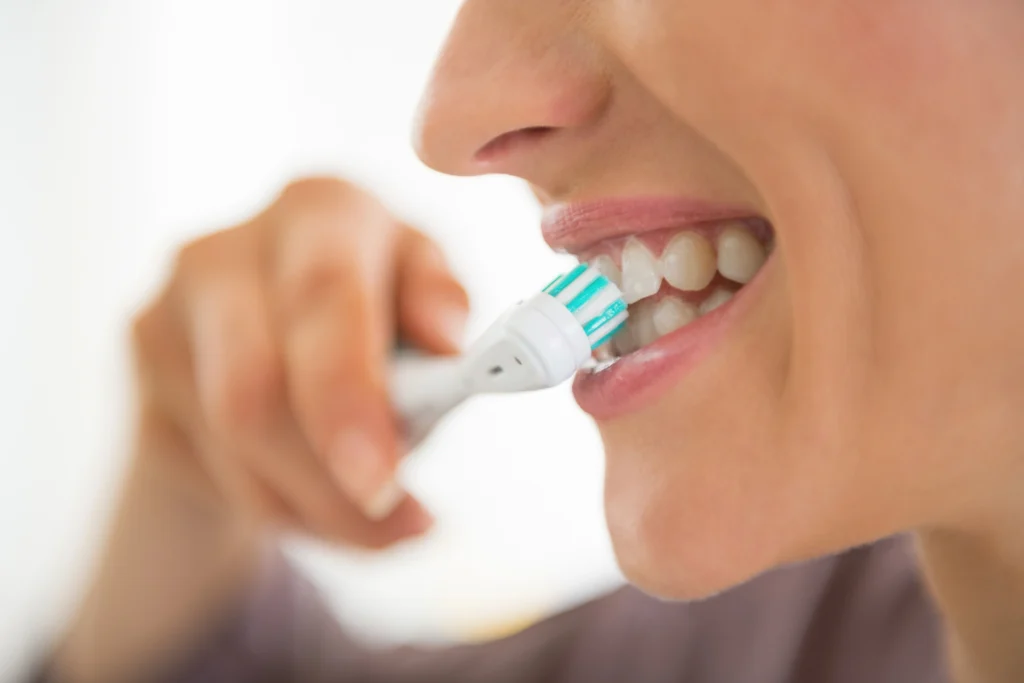
Going in for a root canal can be daunting, especially if this is your first time getting the procedure. You want to ensure you’re doing everything possible to protect your teeth before and after the procedure to prevent failure. One important aspect of this process is ensuring you follow the appropriate diet to avoid irritating the tooth. But what can you eat after a root canal?
Following the appropriate post-procedure diet is essential for ensuring complete healing. While you may miss your favorite foods for a few weeks, your healthy smile will thank you. If you are about to go in for your first root canal and want to know more about your upcoming diet and why following this is so important, keep reading.
Why is It Important to Follow A Post-Procedure Diet?
Following an appropriate post-procedure diet after a root canal is an essential step in supporting healing and protecting your dental work. Your mouth is likely to be sensitive after the procedure, and eating the wrong foods can cause considerable discomfort. In some cases, eating the wrong food after a root canal may damage the treated tooth.
If you plan to eat after a root canal, it’s best to follow a soft, gentle diet. This diet helps reduce irritation, prevent infection, and avoid complications like cracked fillings or crowns. It also ensures your temporary restoration, like a temporary crown, stays in place until your permanent solution is available.
By choosing the right foods and staying hydrated, you can promote faster recovery and reduce the risk of additional dental visits. Think of it as giving your tooth a much-needed break while it heals. Always follow your endodontic team’s specific dietary guidelines to help yourself reach the best outcome for your tooth.

What Can You Eat After a Root Canal?
Understanding what you can eat after a root canal can help you protect your mouth while you’re in the recovery process. There are a few things you should avoid, including hard or sticky foods, anything too acidic, such as sugary treats and soda, and crunchy foods. These foods can easily irritate already sensitive oral tissues.
However, if you want to eat after a root canal, consider having some of the following foods:
- Oatmeal, applesauce, yogurt, or scrambled eggs
- Smoothies, sorbet, or ice cream
- Bananas, berries, melon, or mangoes
- Cooked carrots, squash, zucchini, or green beans
- Soup, broth, or protein shakes
- Rice, potatoes, or pasta
- Salmon, ground beef, meatballs, or meatloaf
When you eat after a root canal, it’s essential to avoid chewing with the treated tooth. While these softer foods should help you avoid irritating your mouth, you still want to give the tooth time to heal adequately after the procedure. By avoiding the treated tooth when you eat after a root canal, you’re doing everything in your power to protect the tooth and surrounding tissues.

How Long Should You Follow This Post-Procedure Diet?
While you may be okay with this post-procedure diet for a few days, it may quickly get old, and you’ll probably miss your favorite foods. After a root canal, it is best to follow this soft diet for at least 24 to 48 hours, or as recommended by your endodontist. Knowing what to eat after a root canal helps protect the treated tooth and support the healing process.
During this time, your mouth may feel tender or slightly swollen, and chewing harder foods can cause discomfort or damage, especially if a temporary crown or filling is in place. Stick to soft, easy-to-chew foods like mashed potatoes, yogurt, smoothies, and soup. As you recover, you can gradually reintroduce firmer foods, but always listen to your body.
If you experience sharp pains or find it painful to eat after a root canal, it may be best to return to a soft food diet. However, if you are more than one week post-procedure and still experiencing discomfort while eating, reach out to your endodontic team. They can double-check your tooth and ensure you’re still recovering well.
Other Post-Procedure Tips to Protect Your Smile
In addition to watching what you eat after a root canal, there are a few other things you can do to protect your smile post-procedure. If you want to ensure the success of your root canal, follow these steps:
- Maintain Oral Hygiene: You should continue to brush twice daily and floss at least once daily following your root canal. Be cautious not to irritate the affected area and surrounding tissue, especially if it is still sensitive or swollen.
- Manage Pain and Swelling: Your endodontist will provide a post-procedure plan, which may include taking over-the-counter pain medications to help alleviate discomfort. Take this medication as prescribed and consider applying ice to aid in reducing inflammation.
- Avoid Tobacco and Alcohol: Tobacco use may slow down your body’s natural healing ability, making it essential to discontinue its use while you heal. Additionally, alcohol may interact negatively with medication, so you should avoid this as well.
- Rinse with Salt Water: Rinsing your mouth with salt water can help alleviate some irritation and swelling. Consider incorporating this into your daily routine, rinsing approximately three times a day to help speed up your recovery.
- Attend Follow-Up Appointments: Your endodontic team may schedule a follow-up appointment to ensure you’re healing well. Make sure to attend these appointments to protect yourself from potential complications, such as a failed root canal.

If you believe you’re experiencing any complications following your root canal, it is essential that you contact your endodontic team as soon as possible. The sooner you seek treatment, the more likely it is that you can avoid further post-procedure complications.
Your Trusted Endodontic Team in Northern Utah
At David G. Johnson, DDS, our team wants you to get the most out of your endodontic care. This care includes ensuring you know what to eat after a root canal and how to avoid future complications. With decades of experience helping endodontic patients achieve optimal oral health, we’re confident that we can do the same for you.
If you would like to schedule an appointment with our team, please contact us today at our Layton or Centerville office.


